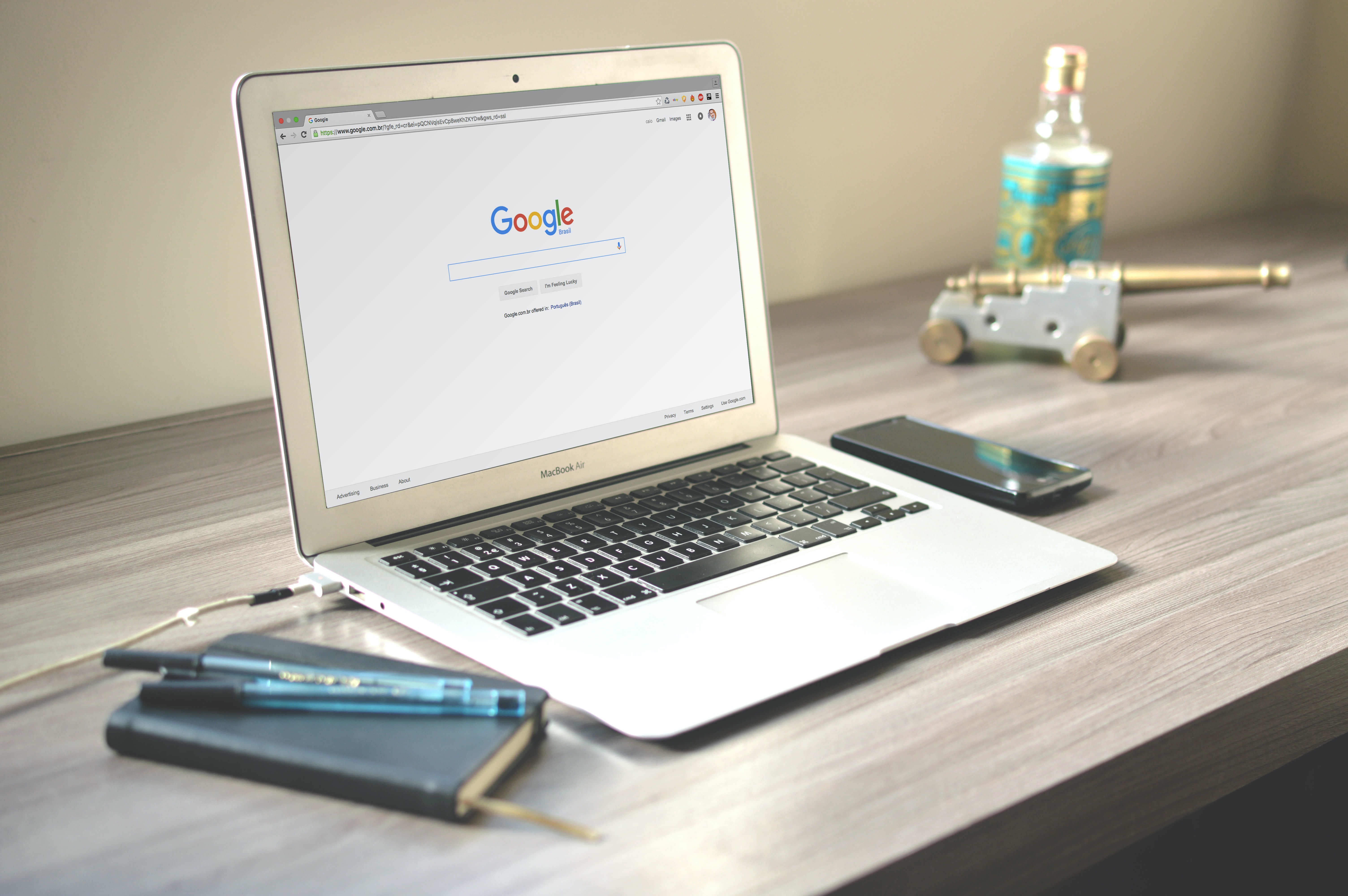Bids are a critical component of Google Ads, and play a crucial role in ensuring your ad campaign has maximum outreach.
Google Ads is predicated on an auction-based bidding system for keywords within particular Google searches. This auction relies on four categories to decide if your ad will appear:
- The maximum cost-per-click (CPC) Bid: The maximum amount a company is willing to pay for a click. This amount fluctuates based on the specific keyword.
- Ad rank: Your ad must meet a certain threshold to appear when certain keywords are searched, which is determined by a variety of factors.
- Ad quality: Ads are scored based upon ad relevance, data, ad extensions and the landing page experience. You pay a higher CPC if your ad quality is low.
- Competition: The more competition your keyword has, the costlier the keyword will be. Like an auction, you will have to outpay similar competitors.
These factors put an onus on making sure your ads are as relevant as possible to the keyword. Having strong relevance can boost the ad rank and lower the CPC, which will aid in ensuring your ad appears and at an affordable price that fits within your budget.
There are different bidding strategies that can be employed when formulating keyword bids, with certain drawbacks and advantages for each.
Choosing the right strategy is of paramount importance for ensuring your ad achieves the utmost success on Google. Here are several strategies which can be utilized.
MANUAL CPC
As the title indicates, this puts you in complete control. You can control the maximum amount that is spent for each click. This does not mean the actual CPC will be the same as the amount you set, but you can control how much you are spending in an auction for a keyword.
An added bonus is that conversion tracking is not a requirement for this strategy.
The downside is this requires the most time since it’s manual, and the possibility of missing out on relevant information that can help your bid, especially forward-looking data.
This campaign is best-suited for new ad campaigns or ones that want to prevent overspending. It can help provide valuable intel that can be used down the road.
ENHANCED CPC
Enhanced CPC is similar to manual with the benefit of allowing Google to use important data and signals to either increase or decrease your CPC depending on conversion goals. The actual CPC will likely remain at or below your max CPC when utilizing this strategy.
Google’s information will allow it to increase bids when it seems more likely to succeed while pulling back when there is less chance for success. It still requires manual input, though.
An eCPC can best be utilized for an account that is implementing a new campaign since data can be used to leverage the manual bidding strategy.
MAXIMIZE CONVERSIONS
This is an automated bidding strategy that uses data, such as search history and user intent, to influence what the max CPC will be and whether or not the ad should be shown. Google uses the daily budget to attempt to ensure it facilitates maximum conversions.
A Target Cost Per Acquisition can also be set, which dictates to Google what price it should use for conversions.
Leveraging real-time information allows for efficiency and less manual input, but sometimes the CPC and Target Cost Per Acquisition can go above preferred or efficient boundaries. It also requires a sizable amount of data before it can be optimized to its best extent.
This strategy is best for maximizing profits, particularly for companies that have similar products.
MAXIMUM CONVERSION VALUE
This is another automated bidding strategy, with a focus on having the highest conversion rate. It also allows for targeted returns on ad spends, which influences Google’s strategy.
This strategy is very similar to maximize conversions, and can be used to ensure profitability.
TARGET IMPRESSION SHARE
This strategy allows a company to set a target impression share--from 0 to 100--for a keyword.
This strategy works well when the focus is on brand awareness.
The downside is it can be costly, and it may not align with business goals. There also isn’t any control over the quality of the traffic.
MAXIMIZE CLICKS
This automated strategy is centered on Google the most clicks within the daily budget. It uses data and other factors to influence the CPC, based on potential profitability.
This is a simple strategy and doesn’t require any conversion tracking, but it can be costly and, once again, there is no control over the traffic quality.
It’s recommended to use this strategy when a company is looking to generate as many clicks as possible in a short time, but may be struggling with conversions.
Want to talk to an expert? Get In touch.
Digicom is a boutique digital marketing agency based in New York City. We are a team of versatile growth marketers with the ability to turn early-stage companies into household names. We act as a high-touch agency, managing the growth of our clients' marketing channels and advising across all aspects of their customer acquisition programs.




